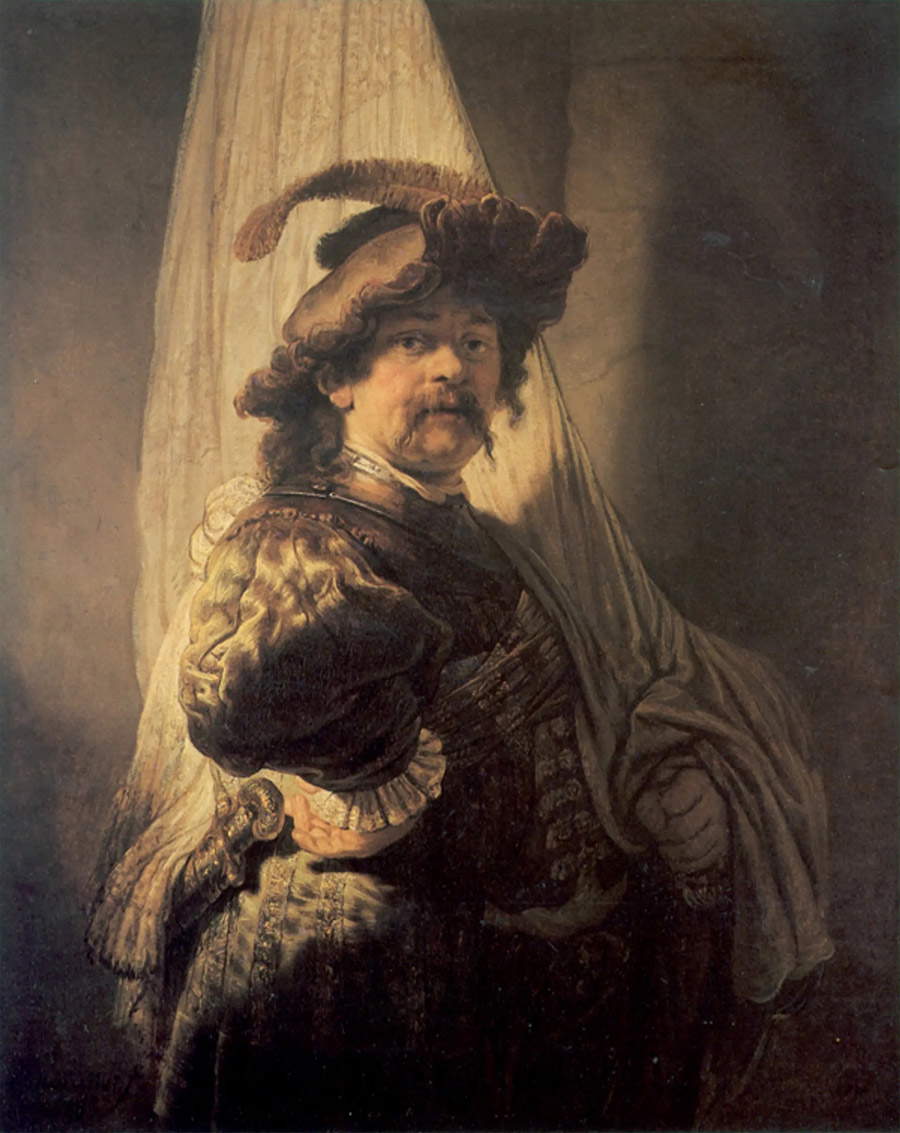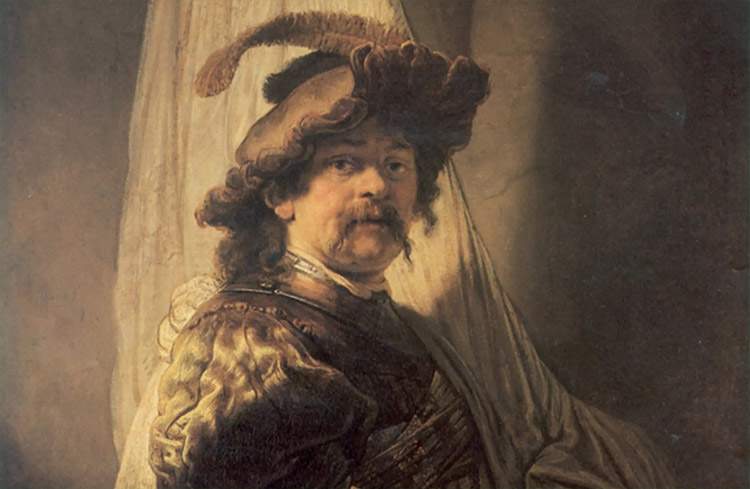The Netherlands is finalizing the purchase of Rembrandt van Rijn ’sBanner (Leiden, 1606 - Amsterdam, 1669), the Dutch painter’s masterpiece that became part of the country’s public collections after France renounced its purchase, as we had reported on these pages. The deal, however, is facing strong criticism after raising a heated debate in the Netherlands because the state, in order to buy the work from the Rothschild family, the current owners, could make use of an offshore fund based in the Cook Islands, in the South Pacific, and whose holding company is instead located in St. Vincent and the Grenadines, in the Caribbean: both countries considered tax havens.
The painting, of considerable importance as it is considered a precursor to Rembrandt’s greatest masterpiece held in Dutch public collections, the Night Watch, which, moreover, is being restored in recent months, has thus come under the crosshairs of opposition parties. “We ask the Secretary of State,” Independent MP Henk Otten told the Guardian, “what connection there is between this transition and the government’s policy of fighting tax evasion. Small and medium-sized businesses and freelancers who are a day late with their VAT returns immediately receive a hefty fine. Why then is the state involved in these constructions?”

The Dutch Minister of Culture, Gunay Uslu, has made it known that before the vote in favor of the purchase, due diligence, the in-depth and information-gathering activity to make sure that a negotiation occurs risk-free and in a fair manner, was carried out. But that is not the only point: there is also criticism of the appropriateness of spending such a high figure (curiously, almost exactly half of the base figure requested for the purchase of the Casino dell’Aurora in Rome, an operation on which many have called for Italian state intervention) at a time of great difficulty for the cultural sector because of Covid. Incidentally, museums throughout the Netherlands are even closed these days due to government restrictions, a situation that led institutions across the country to protest on Wednesday with performances that turned museums and concert halls into gyms and beauty salons (activities that are allowed to open instead). Minister Uslu (who is an art historian) also responded to this criticism: it is understandable, she said, that the purchase may seem “inconvenient” during a pandemic, but she reiterated that the opportunity to buy theBishop will not come up again soon. “It’s a turning point in his career,” he said, and it is a prelude to the Night Watch, plus it is a painting that has a historical connection to the Netherlands.
In any case, the Rembrandt’s transfer from the Rothschilds to the Dutch state is expected to be completed within a month. After that, Rembrandt’sBishop will be taken on tour to museums around the country, so that everyone will have a chance to see one of Rembrandt’s most important works.
 |
| Criticism of Holland's 175 million euro Rembrandt purchase. |
Warning: the translation into English of the original Italian article was created using automatic tools. We undertake to review all articles, but we do not guarantee the total absence of inaccuracies in the translation due to the program. You can find the original by clicking on the ITA button. If you find any mistake,please contact us.